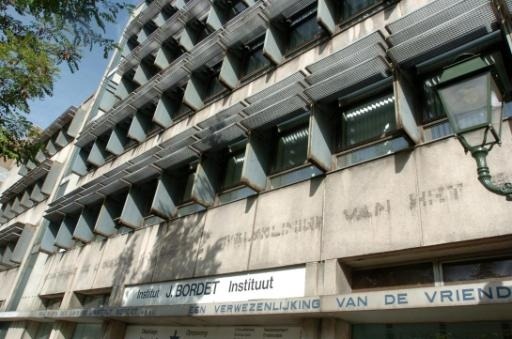Last week, the Jules Bordet Institute in Brussels used a new medical imaging technology, which should be both more efficient and less costly, to achieve early detection of recurrent prostate cancer, according to a press release from the Institute on Monday. “This German technology was used for the first time ever on a Belgian patient”, revealed Professor Patrick Flamen to Belga. According to him, this new technology has 2 advantages. First of all, the detection rate is 70% (50% higher than with previous methods). Secondly, there is no need for a cyclotron facility or a sophisticated lab, which translates into a huge reduction in costs both for hospitals and for patients.
“The sooner a relapse is detected, the greater the chance of recovery”, pointed out Professor Flamen. For him, the results achieved with the 100-or-so trial patients in Germany are “spectacular.”
This technique is based on a new type of medical imaging using a PET scan (Positron Emission Tomography). The patient is first given a radiolabelling molecule (radio-tracer). By using the PET scan one hour after intravenous injection of the radio-tracer, the recurrence of the cancer can be X-rayed in great detail. Once the centre of the relapse cancer has been located, a targeted intervention (by surgery or radiotherapy) can take place and increase chances of survival for the patient.
“This method will ultimately replace all the diagnostic tests we currently use”, reckons Professor Flamen. “It will be permanently available from January 2015 at the Jules Bordet Institute, where it will be studied in detail over the coming year. Amongst other things, the effects of the scan on early diagnosis, the survival rate of patients and the recovery rates will be studied.”
(Source: Belga)

